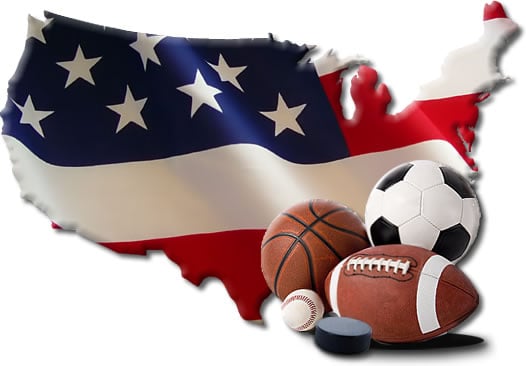The Professional and Amateur Sports Protection Act (PASPA) is a federal law that was written to stop sports gambling in brick-and-mortar establishments all across the United States. Since the law was written, there have been only four states where citizens can legally place sports bets at such establishments. New Jersey is not one of those states. Recently, however, New Jersey has started a rebellion against the federal prohibition and has passed a law that would allow sports gambling at its racetracks and casinos. The United States Supreme Court announced in would take another look at the constitutionality of PASPA as a result of this case.
Since SCOTUS announced that it would be scrutinizing the federal prohibition on sports gambling, other states have come forward with plans to legalize and regulate the industry as well. Mississippi, Connecticut, and Oklahoma have all come forward with similar laws.
The latest state to make the jump to state sanctioned sports gambling is California. Assemblymember Adam Gray proposed a constitutional amendment that would allow sports gambling in California, statewide. Justices on the case are expected to rule on the matter in early 2018.
But there is one thing that these lawmakers have failed to consider. How this will impact laws that are in place that already allow for certain exceptions to the federal prohibition on gambling. Laws that govern tribal casinos have already given almost exclusive access to the gambling industries of North America to Native American tribes.
The Indian Gaming Regulatory Act (IGRA) governs Native American tribal gaming compacts in 29 states across the North American continent. It allows these tribes to own and operate casinos and in some cases, offer guaranteed exclusivity statewide to the gambling entertainment offered. While some states also have commercial gambling casinos and racetracks, these widely held exclusive Native American compacts result in hundreds of millions of dollars a year for both the tribes and the states where they reside.
Roughly 244 Native American tribes are regulated by the IGRA and function as beneficiaries to the federal law that allowed them the right to own and operate legal gambling services in the face of PASPA. Expanding the range of federal gambling legislature could threaten the agreements and compacts made by the states and tribes.
Bringing in legal sports gambling to states that have a divide in their gambling entertainment between both commercial casinos and tribal casinos is likely to be even more complicated. State and tribal leaders now have to double down their efforts to scrutinize the language that was written in their compacts and agreements but Assemblymember Adam Gray is confident that this is a step in the right direction. “I am pleased to see the US Supreme Court has shouldered the burden of bringing legal clarity to the issue of sports wagering.”
Gray’s proposal would need to be won by two-thirds majority in the sate legislature and would necessitate the renegotiation of 75 compacts made between the various states and the tribes that they serve. There is an estimated 62 tribes that operate casinos and gambling establishments under the would-be renegotiated terms.

